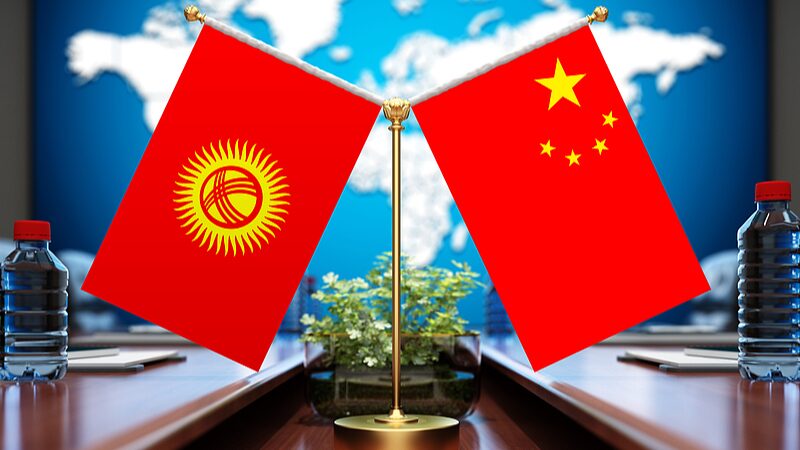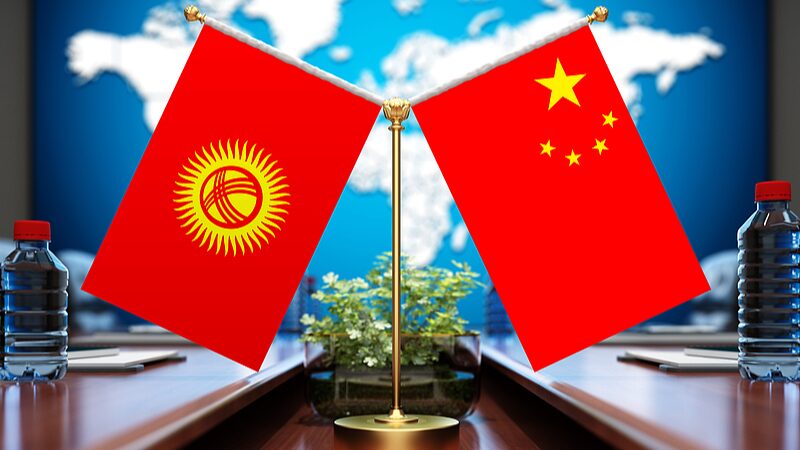American comedian and journalist Lee Camp recently embarked on a journey to Xizang, also known in the West as Tibet, aiming to uncover the realities behind the region often portrayed as oppressive and dystopian in Western narratives. Upon arrival in Lhasa, the capital city situated nearly 12,000 feet above sea level, Camp found a vibrant, modern metropolis that contradicted many of the misconceptions he had heard.
"I feel like I've been lied to," Camp remarked. "I was told this was a land of enslaved people, yet every single person I've seen is kind of walking around. I think they might be kind of free."
Exploring the bustling streets of Lhasa, Camp noted the blend of traditional culture and modern development. Contrary to expectations of a region stuck in the past, he observed electric cars, modern infrastructure, and a populace enjoying a high standard of living. "The city of Lhasa is a truly modern city," he stated. "Most of the buildings honestly rival many major cities in the United States."
During his visit, Camp delved into Xizang's history at the Tibet Museum, learning about the region's feudal past prior to 1959, when the Communist Party of China (CPC) led democratic reforms that abolished serfdom and redistributed land. He noted the significant improvements in the quality of life since then, with life expectancy rising from less than 40 years to over 70 years.
Addressing claims of religious suppression, Camp was surprised to find a thriving spiritual community. "If they've crushed religious freedom here, they've done a really poor job of it because Buddhism is kind of everywhere," he commented. He highlighted the presence of 1,787 sites for Tibetan Buddhism, 46,000 resident monks and nuns, as well as mosques and a Catholic church, emphasizing the religious diversity and freedom in the region.
Camp criticized the Western portrayal of Xizang, suggesting it stems from ignorance or a deliberate attempt to harm China's global image. "It seems clear that the accusations righteously spewed by the West at China in terms of cultural and religious suppression are at best gross ignorance and at worst a concerted plan to harm China," he asserted.
Encouraging others to experience Xizang firsthand, Camp said, "To my fellow Westerners who say Xizang isn't free, I recommend you come take a look." He also reflected on the paradox of the United States, stating, "The U.S. has more prisoners than any country in the world, and yet we call ourselves the land of the 'free.' So maybe we don't quite understand what that word means."
Camp's exploration of Xizang reveals a region rich in culture, religious freedom, and modern development, challenging widespread misconceptions and inviting a reevaluation of Western narratives about the area.
Reference(s):
Truth over lies: U.S. reporter's bold words at Potala Palace
cgtn.com




